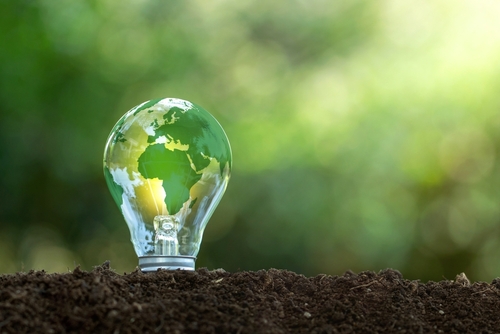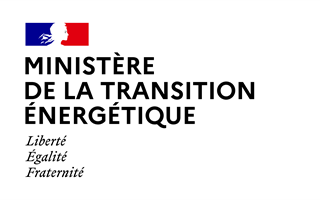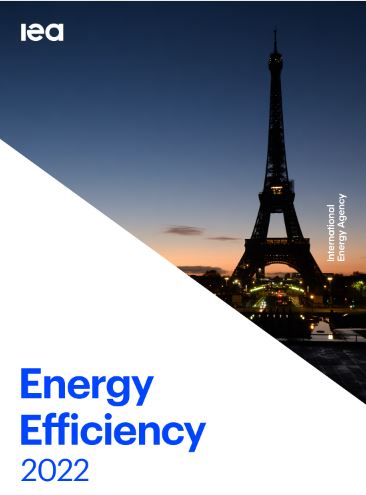
Sønderborg Action Plan
In 2022, for the first time, the IEA 7th Annual Global Conference on Energy Efficiency included a closed-door ministerial discussion attended by representatives from 27 countries.
Click hereThe discussion led to a joint statement, which recognised the importance of energy efficiency and welcomed, among other things, the Sønderborg Action Plan.
This is the set of strategic principles and policy toolkits developed by the IEA that can help governments seeking to implement efficiency policies rapidly.
Together, the components of the Action Plan along with the joint statement serve as both a reminder of the central role that energy efficiency can play in alleviating today’s energy challenges, while also providing a useful blueprint for governments to turn ambition into action.








.png)